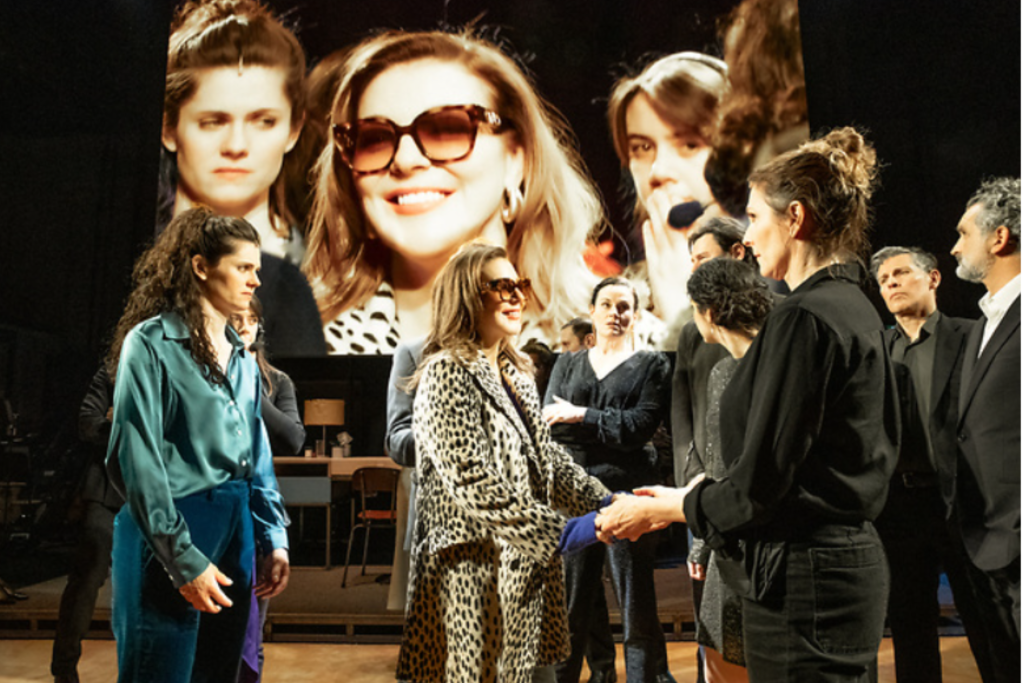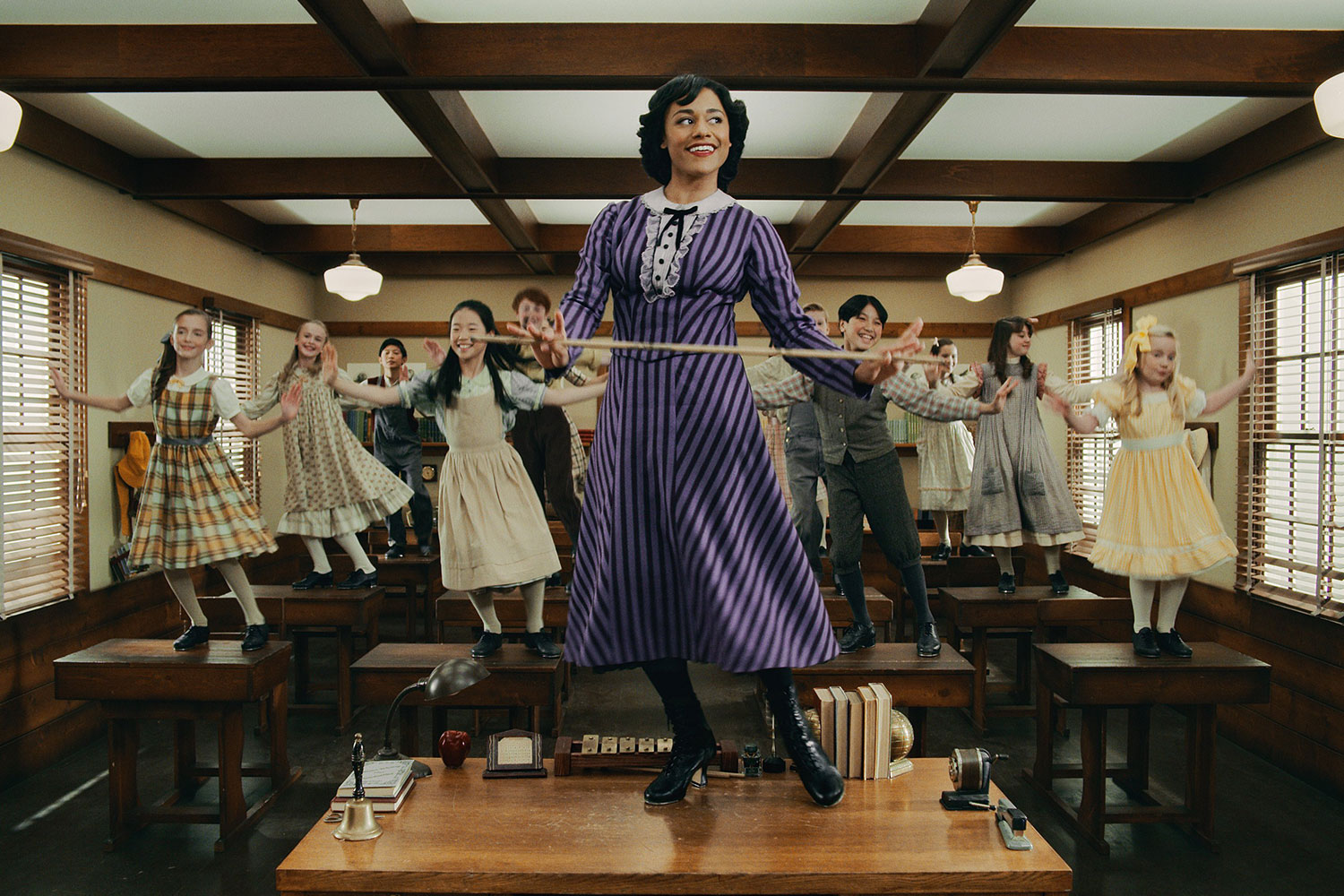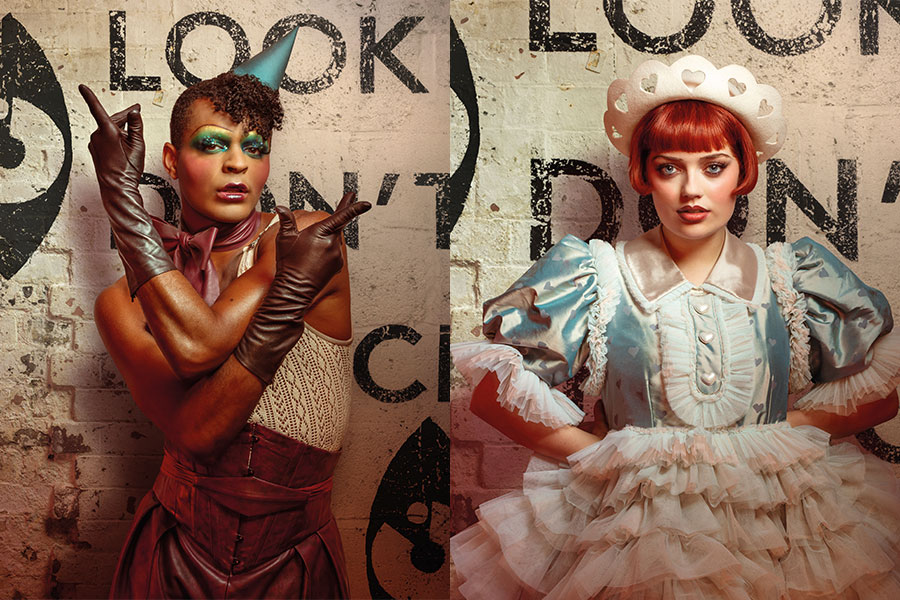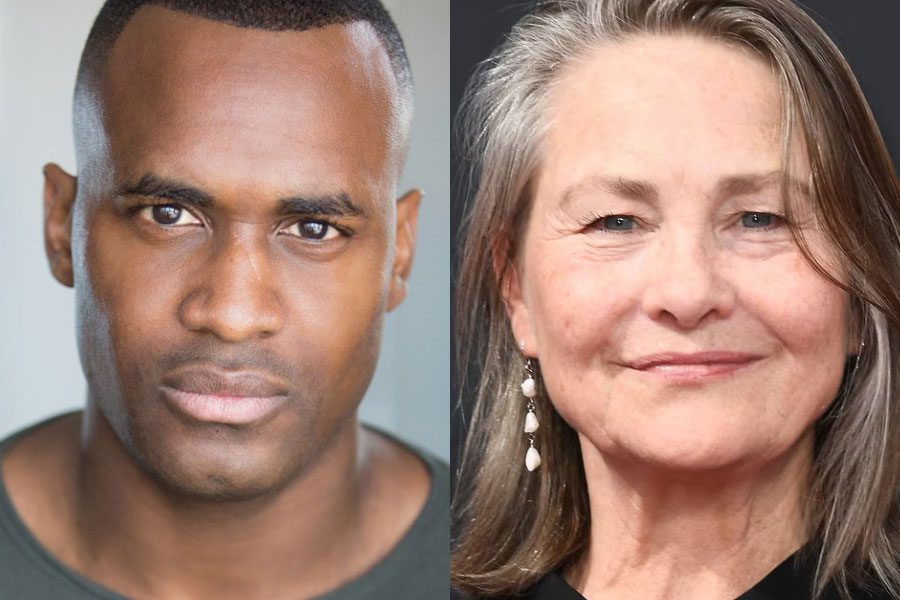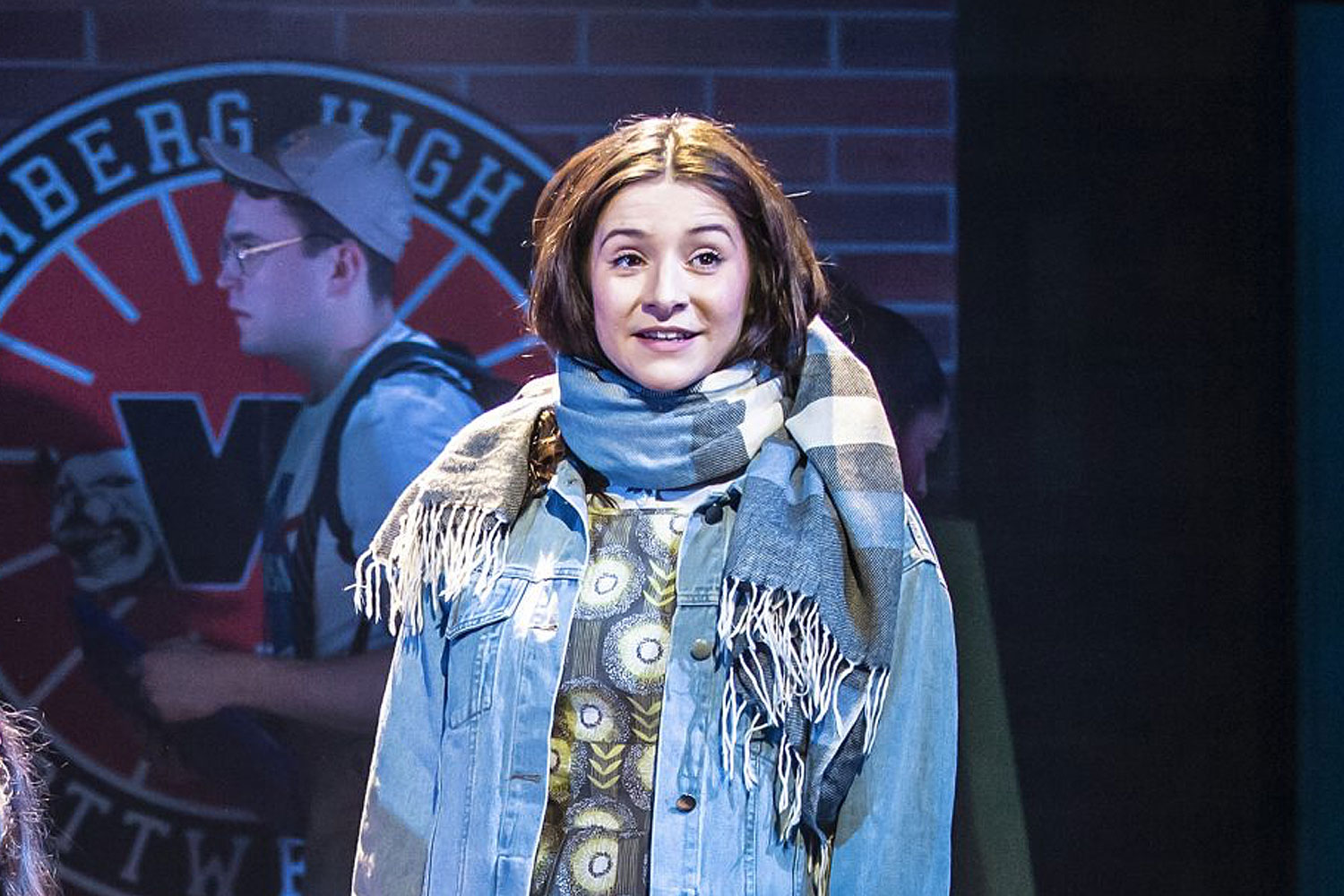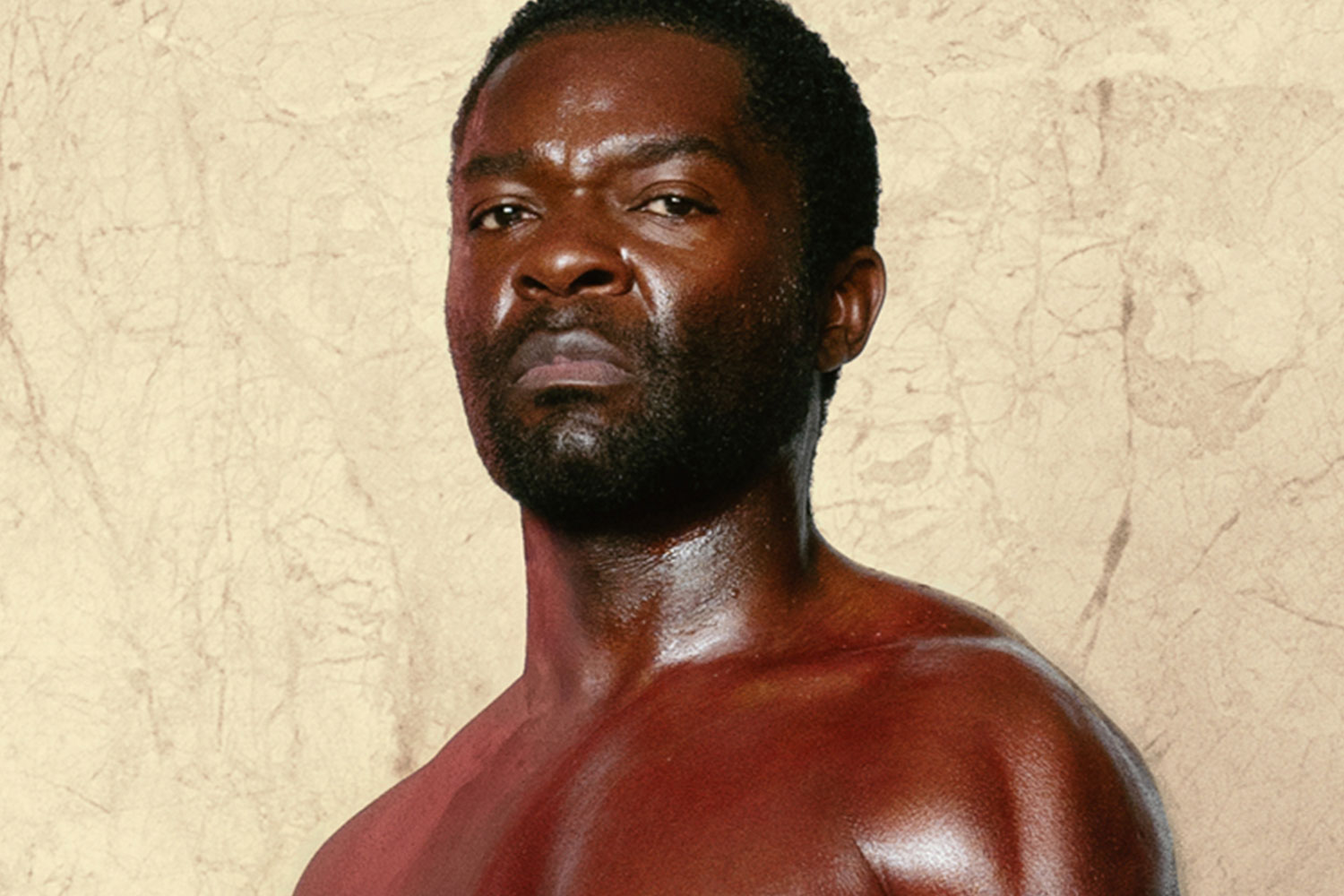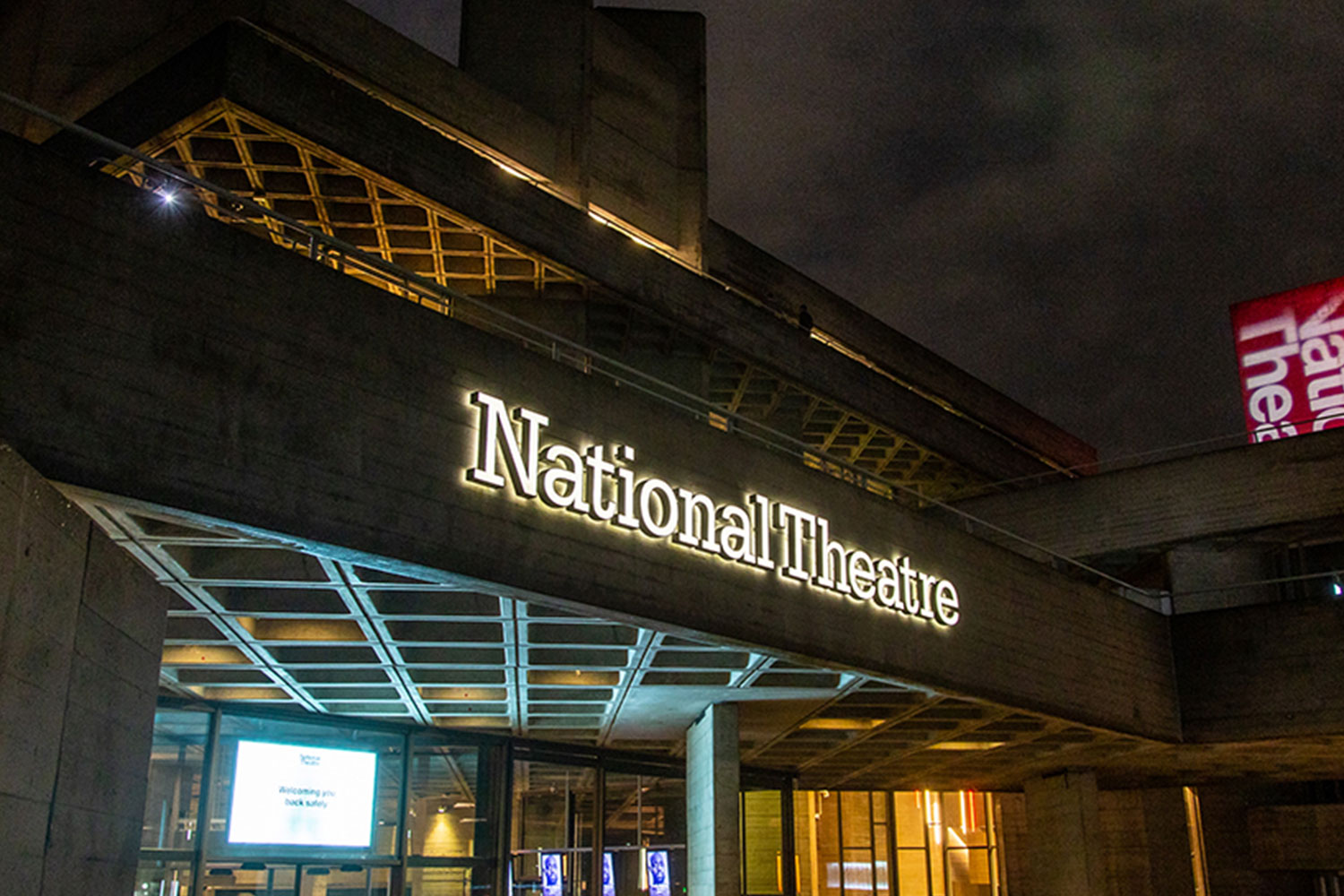Flower Girls (Ipswich & London)
Forget about pretty little bridesmaids in pastel frocks carrying posies. This is a play about the makers of flowers. Artificial flowers. Physically disabled makers.
In Greek legend, the Graeae were three blind crones who passed a single eye between them. When the hero Perseus crept up on them and seized the eye, the price he exacted for its return was the secret which enabled him to defeat Medusa, the gorgon whose gaze turned everyone to stone. The secret was to watch the reflection of Medusa in his shield, and not to face her directly.
It makes an apt name for the professional theatre company, founded in 1980, which casts disabled actors in the majority of roles. Graeae challenges its audience to accept truth as a mirror image of illusion. We are what we see. Or are we?
Richard Cameron‘s play is about two overlapping groups of women, living and working in the John Groom’s complex north of London. One set is shown living in the war years of the 1940s. The other is in that mythically liberated period of the 1960s. Surely attitudes to physical impairment had undergone a sea-change in over two decades?
The play suggests not. Both Lily in the 1940s and Joan in the 1960s come from educated, well-to-do families. Both have been institutionalised because their existence embarrasses their close relations. Their nearest and dearest, one could say.
Rose and Alice, Mabel and Sally have been dumped into the organisation’s Clacton orphanage through family poverty and as the effect of new marital arrangements. The difference is that Mabel and Sally have learnt to work the system, first as children and now as adults. Rose and Alice have not, perhaps even can not. Charity can be seen to have a warm hand but a cold heart.
The six players inhabit their roles fully. Loud-mouth Sally (Sonia Cakebread) and manipulative Mabel (Lynne Goddard) have their foils in fragile blind Lily (Karina Jones) and timid Rose (Lizzie Smoczkiewicz). Alice (Nicola Miles-Wildin) has to come to terms with life as it is and not how she wants to be. Joan (Sophie Partridge) is one of nature’s survivors. But she is perhaps the luckiest of all. She has creativity and outside cultural interests.
Sign-interpreted performances can be distracting. Directors Peter Rowe and Jenny Sealey have signers Anna Curd and Vicky Gee Dare on stage throughout the action. They function as the chorus does in classic Greek drama – part of the action and yet without influence on its central events.
– Anne Morley-Priestman




